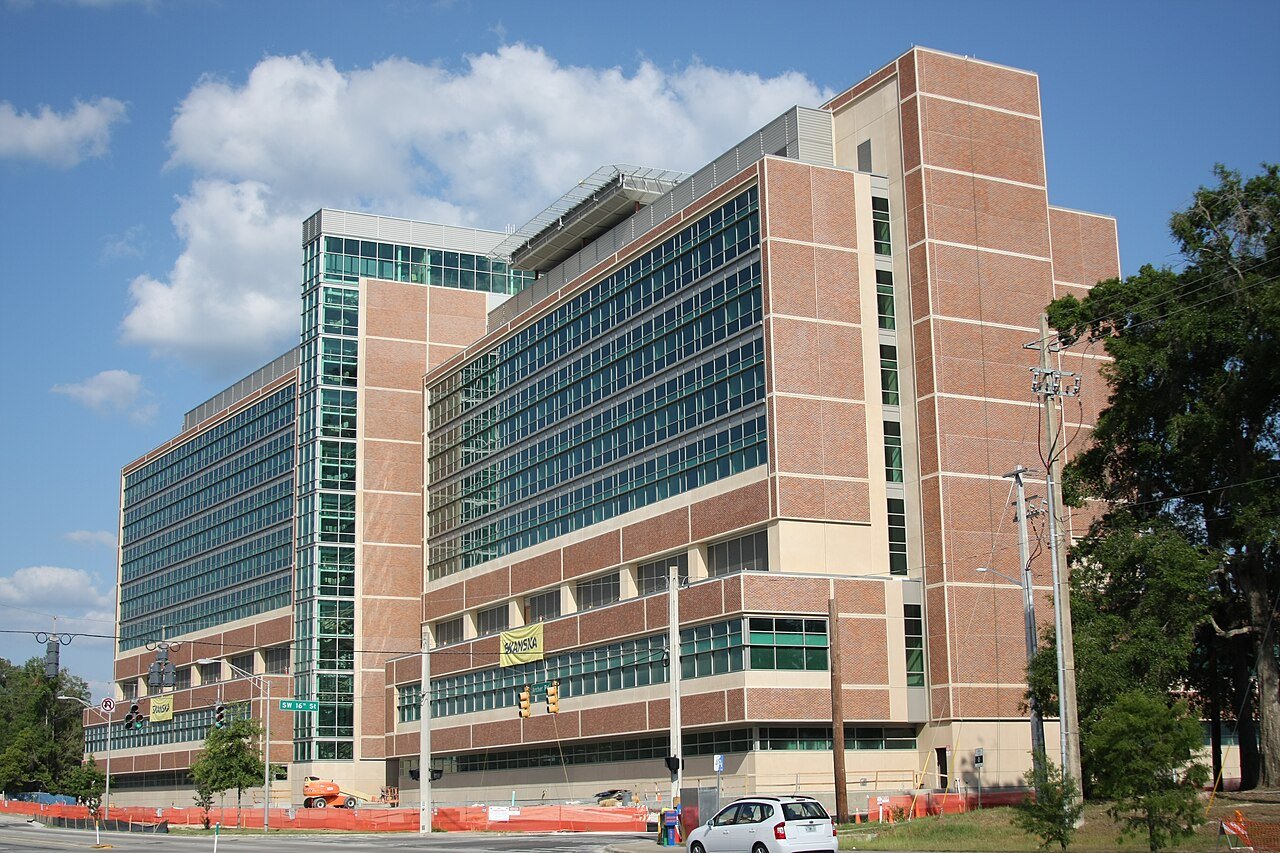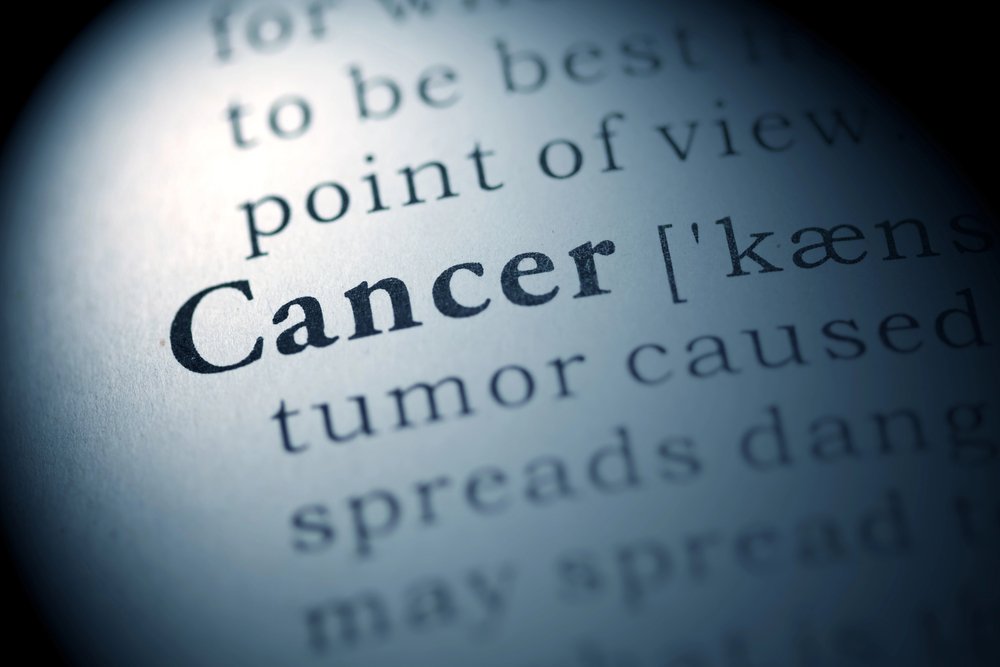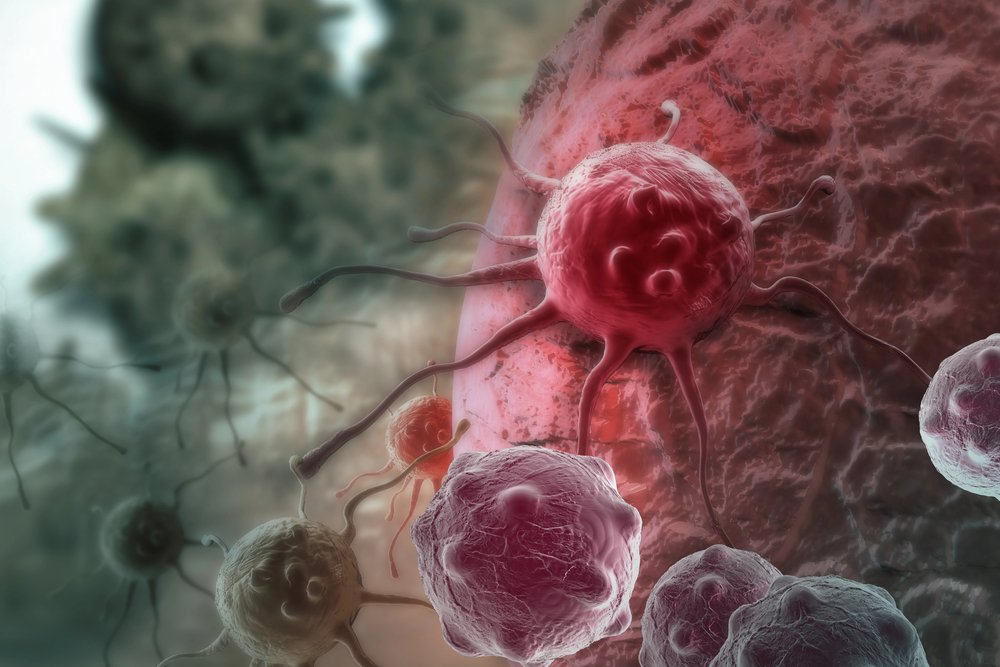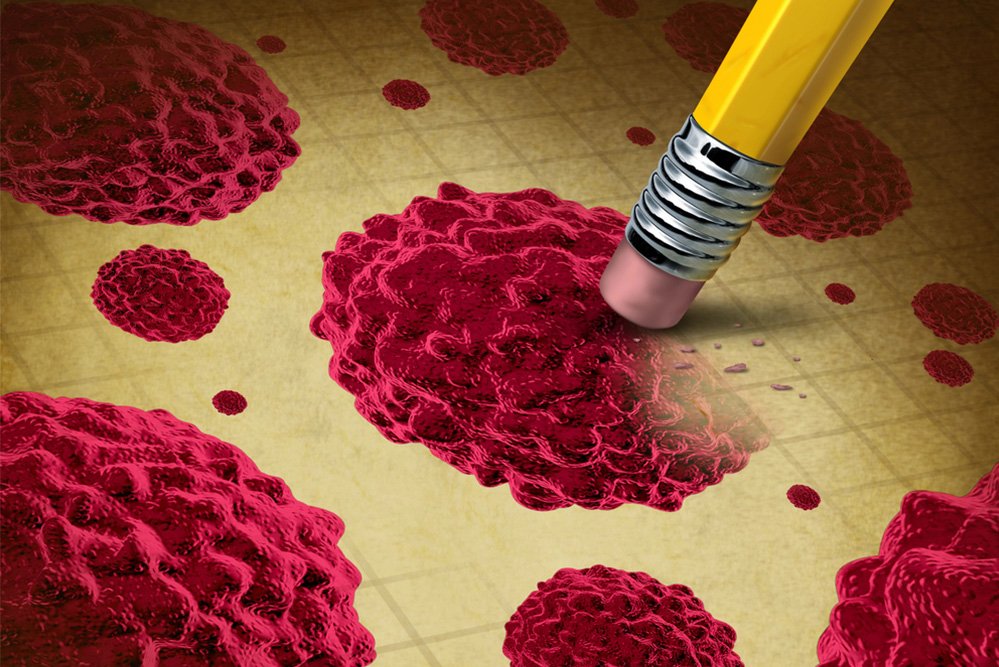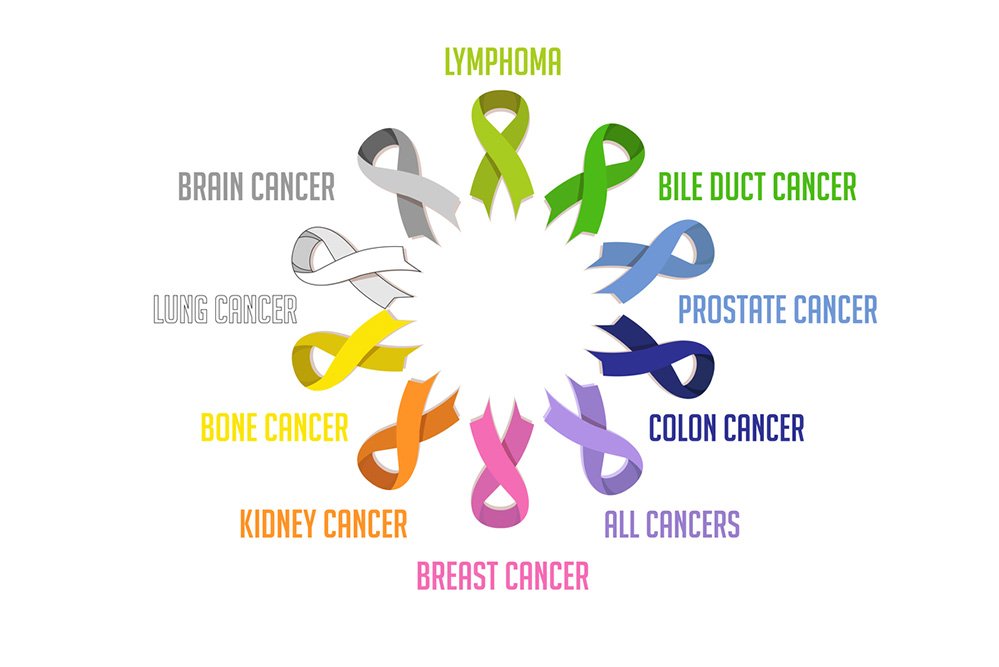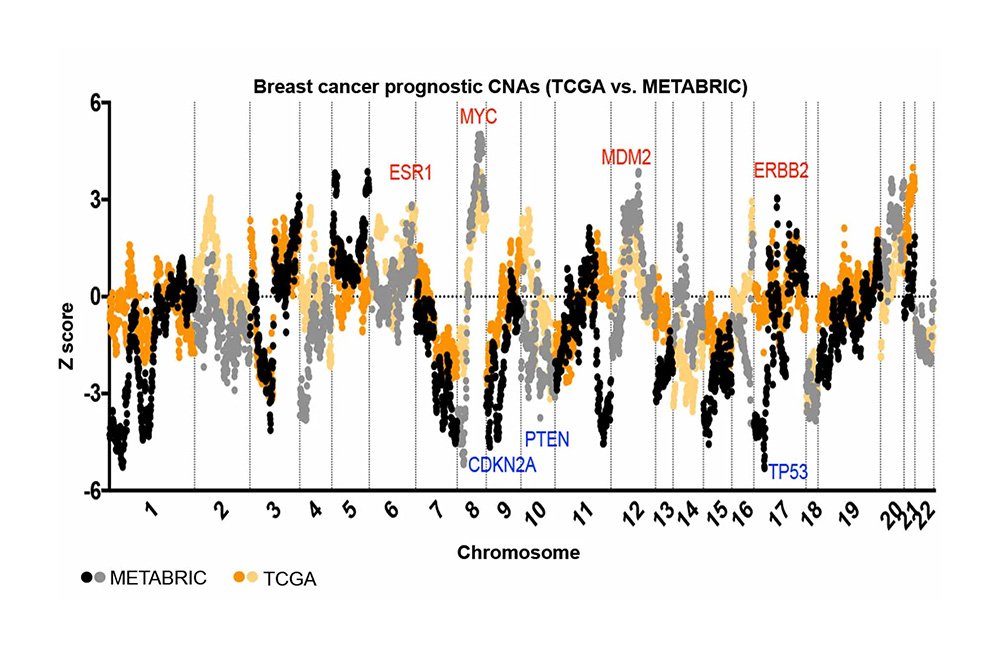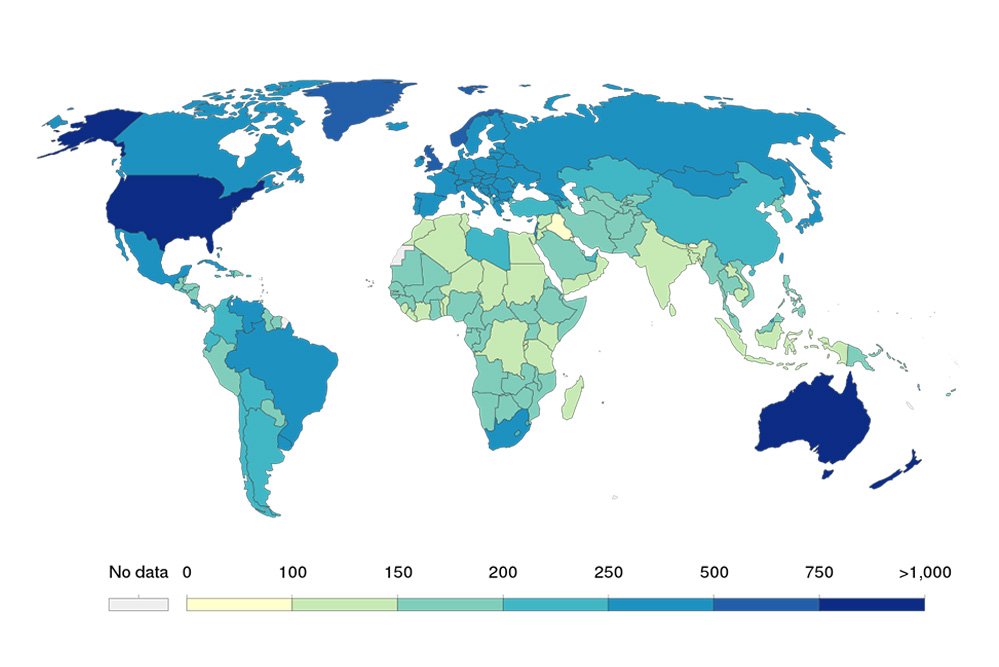Cancer Research
Because cancer is a class of diseases, it is unlikely that there will ever be a single “cure for cancer” any more than there will be a single treatment for all infectious diseases. Angiogenesis inhibitors were once incorrectly thought to have potential as a “silver bullet” treatment applicable to many types of cancer. Angiogenesis inhibitors and other cancer therapeutics are used in combination to reduce cancer morbidity and mortality.
Experimental cancer treatments are studied in clinical trials to compare the proposed treatment to the best existing treatment. Treatments that succeeded in one cancer type can be tested against other types. Diagnostic tests are under development to better target the right therapies to the right patients, based on their individual biology. Cancer research focuses on the following issues:
- Agents (e.g. viruses) and events (e.g. mutations) that cause or facilitate genetic changes in cells destined to become cancer.
- The precise nature of the genetic damage and the genes that are affected by it.
- The consequences of those genetic changes on the biology of the cell, both in generating the defining properties of a cancer cell and in facilitating additional genetic events that lead to further progression of the cancer.
The improved understanding of molecular biology and cellular biology due to cancer research has led to new treatments for cancer since US President Richard Nixon declared the “War on Cancer” in 1971. Since then, the country has spent over $200 billion on cancer research, including resources from public and private sectors. The cancer death rate (adjusting for size and age of the population) declined by five percent between 1950 and 2005.
Competition for financial resources appears to have suppressed the creativity, cooperation, risk-taking and original thinking required to make fundamental discoveries, unduly favoring low-risk research into small incremental advancements over riskier, more innovative research. Other consequences of competition appear to be many studies with dramatic claims whose results cannot be replicated and perverse incentives that encourage grantee institutions to grow without making sufficient investments in their own faculty and facilities.
Virotherapy, which uses convert viruses, is being studied.
In the wake of the COVID-19 pandemic, there has been a worry that cancer research and treatment are slowing down.
On 2 December 2023 Nano Today published a groundbreaking discovery involving “NK cell-engaging nanodrones” for targeted cancer treatment. The development of “NK cell-engaging nanodrones” represents a significant leap forward in cancer treatment, showcasing how cutting-edge nanotechnology and immunotherapy can be combined to target and eliminate cancer cells with unprecedented precision. These nanodrones are designed to harness the power of natural killer (NK) cells, which play a crucial role in the body’s immune response against tumors. By directing these NK cells specifically to the sites of tumors, the nanodrones can effectively concentrate the immune system’s attack on the cancer cells, potentially leading to better outcomes for patients.
The key innovation here lies in the use of protein cage nanoparticle-based systems. These systems are engineered to carry signals that attract NK cells directly to the tumor, overcoming one of the major challenges in cancer immunotherapy: ensuring that the immune cells find and attack only the cancer cells without harming healthy tissue.
This targeted approach not only increases the efficacy of the treatment but also minimizes side effects, a common concern with broader-acting cancer therapies.
